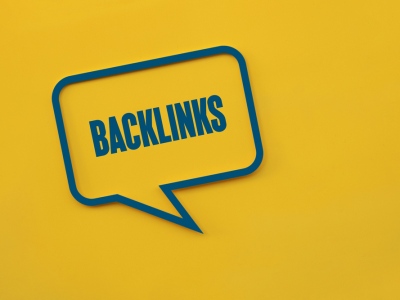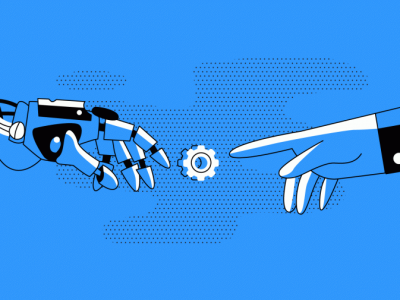 When it comes to SEO, a lot of time and focus is spend on looking at ways to improve websites and things you should be doing if you want to increase rankings. People often forget that there are plenty of things you shouldn’t be doing, and these things will often have a far greater impact on your SEO campaigns.
When it comes to SEO, a lot of time and focus is spend on looking at ways to improve websites and things you should be doing if you want to increase rankings. People often forget that there are plenty of things you shouldn’t be doing, and these things will often have a far greater impact on your SEO campaigns.
What I want to go over in this post is some of the major negative factors that can affect a sites performance and affect its chance of ranking. A lot of these things seem like common sense, but you would be surprised to see how often they happen across the web, even on sites that are practicing SEO!
Robots.txt
Starting with one of the most common issues – an incorrectly configures robots.txt file. This gets overlooked more often than you can imagine, and it may be due to its perceived lack of importance when it comes to SEO.
People think that robots.txt can’t help improve rankings so they leave it alone. This can be a big mistake. Quite often when an SEO starts working on a site, it has already been around for a while and has a robots.txt file on the server. If this has been configured incorrectly it can lead to a whole load of problems – from blocking search engines entirely, to removing sections of the site from the index.
Checking this out can help avoid any of these issues and ensure the file is set up in the most effective way.
Canonical
This is another very common problem. Many sites are hosting two versions of exactly the same site on the sub domain (often www) and the root domain. This can lead to issues when the search engines come to index the site with different pages being picked up from the different versions.
As well as this problem, there is also a split of weight from inbound links. When people link to the different versions, the link weight can be split between the sites. This means you are diluting the total amount of links into your site.
Canonicalising these versions will ensure that all inbound links contribute to the overall domain strength. If you think you may need to canonicalise your website there’s a handy guide here.
Duplication
Similar to canonicalization, duplication is when exact copies of pages appear on different URLs. This often when the same content is displayed on a site under different categories. If this is the case, the search engines will often apply a duplicate content filter and prevent one of the pages from ranking. One of the dangers of this is the split in link weight again. If you are building links to each of these pages and one of them has a penalty then you are wasting this link weight. Trying to merge these pages or display only 1 version will help to ensure you are not losing out.
Over-optimisation
Over-optimisation isn’t discussed very often, but usually occurs when an overzealous webmaster thinks his site should rank for ten different competitive terms and tries to get them all into the webpage multiple times.
The result of this is that instead of having a webpage that if 100% optimised for one term, you have a page that is 10% optimised for each of the ten terms. This isn’t going to be enough to compete on competitive phrases.
This doesn’t mean you shouldn’t target more than one term with a page – it just means that you need to assess the competition of the keyword and judge if you can still compete with the diluted focus.
Navigation / Poor linking structure
If your site has poor navigation or linking structure, not only will users struggle to find their way round, but search engines will also. A clear navigation can help search engines index the deeper pages on the site, and can help increase their understanding of what the pages are about.
Clear, descriptive category names should be used when linking, with internal links to pages making the most out of the anchor text. Remember, it’s not just external links that search engines use when trying to determine what your pages are about.
While there are other negative factors to avoid, the ones above are some of the most common, and most important. Keeping an eye on these can help ensure your SEO campaign isn’t stopped before it’s started and help to provide some solid foundations moving forward.
Ben Hook works at Navaro, a search marketing company based in the UK specialising in SEO, PPC and social media.










Comments